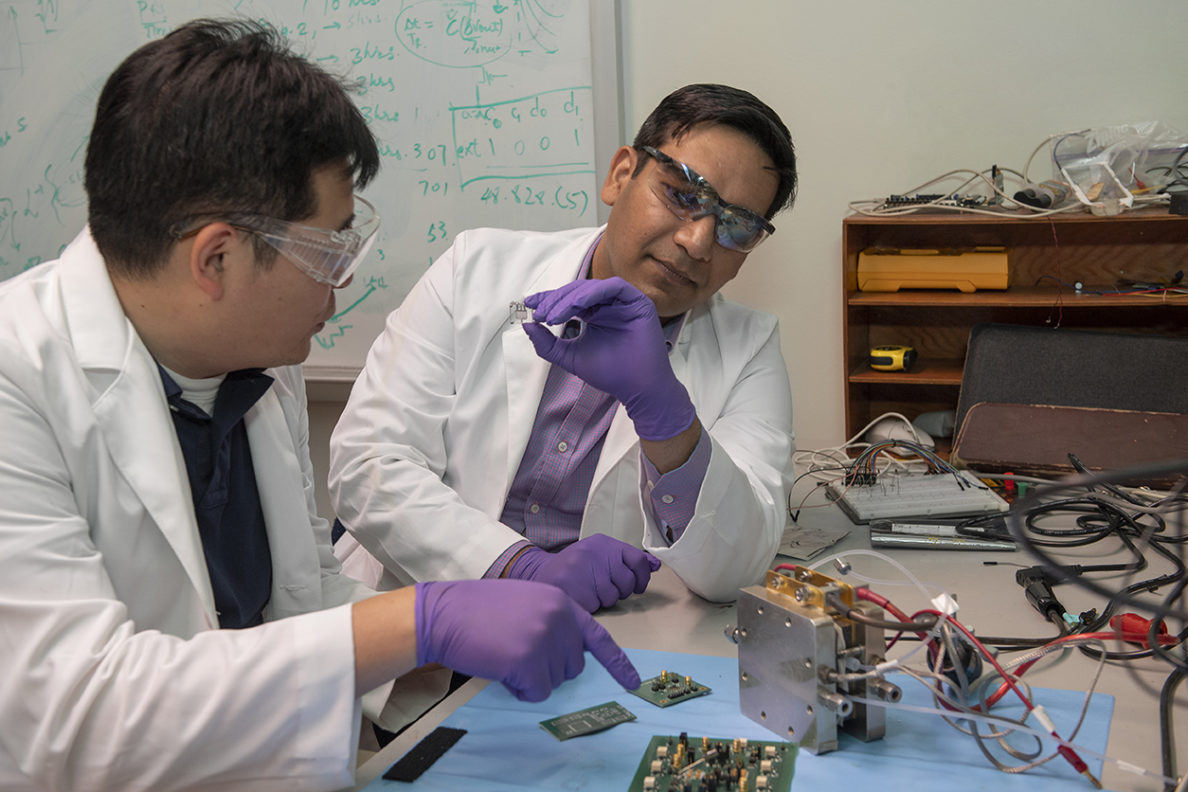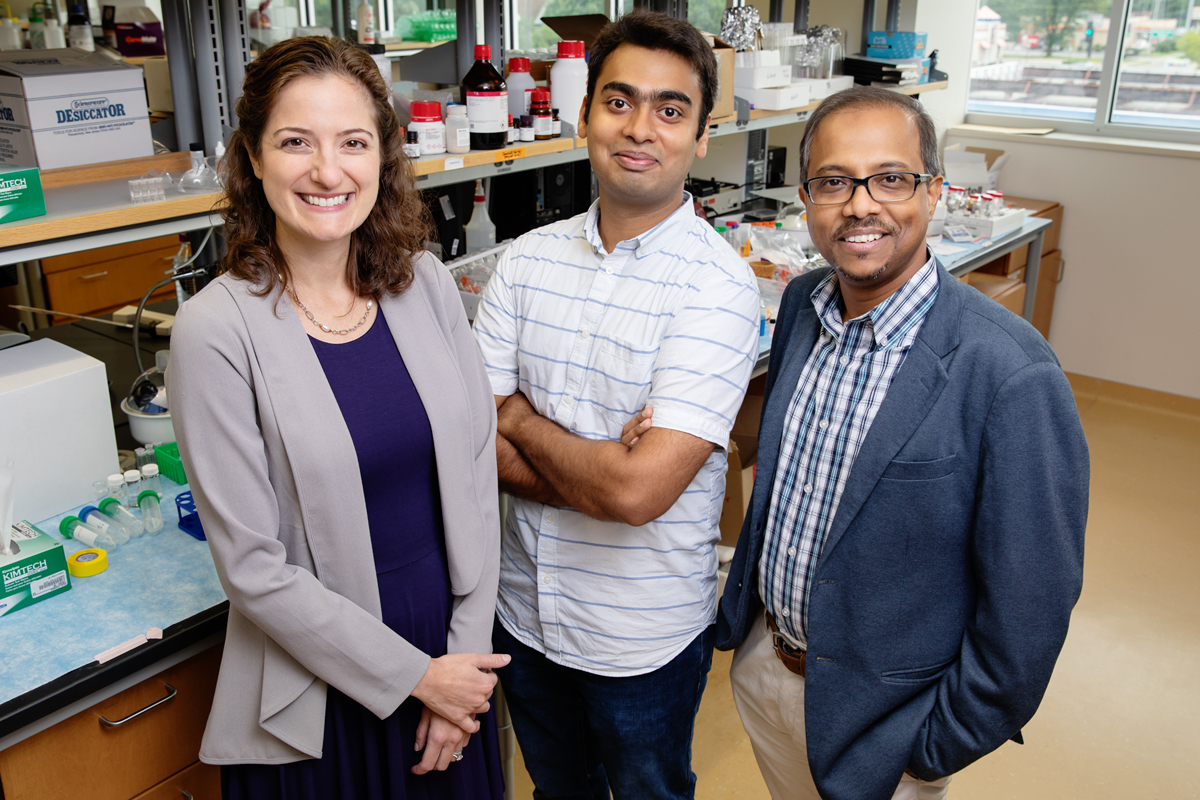 |
| (c) futurism.com |
Health News, Clinical Trials and Regulations
This blog highlights research and development of new treatments, outcomes of global clinical trials and their regulations, with a special focus on ophthalmology and retinal diseases, including drugs and devices. The blog is meant for both clinical and pharmaceutical experts, as well as for patients / family members who are looking for information.
Thursday, April 2, 2020
COVID-19 vaccine candidate shows promise
Friday, November 30, 2018
Is being a night owl bad for your health?
 |
| from Amazon.com |
In the first ever international review of studies analyzing whether being an early riser or a night owl can influence your health, researchers have uncovered a growing body of evidence indicating an increased risk of ill health in people with an evening preference as they have more erratic eating patterns and consume more unhealthy foods.
Friday, September 28, 2018
Researchers develop sugar-powered sensor to detect and prevent disease
 |
| (c) WSU |
Wednesday, May 30, 2018
FDA approves HumanOptics AG's CustomFlex Artificial iris
 |
| (c) OphthalmologyWeb |
Wednesday, March 7, 2018
FDA grants authorization to 23andMe for direct-to-consumer genetic test for cancer risk
 |
| (c) 23andMe |
Friday, March 2, 2018
Subscribe to:
Posts (Atom)

